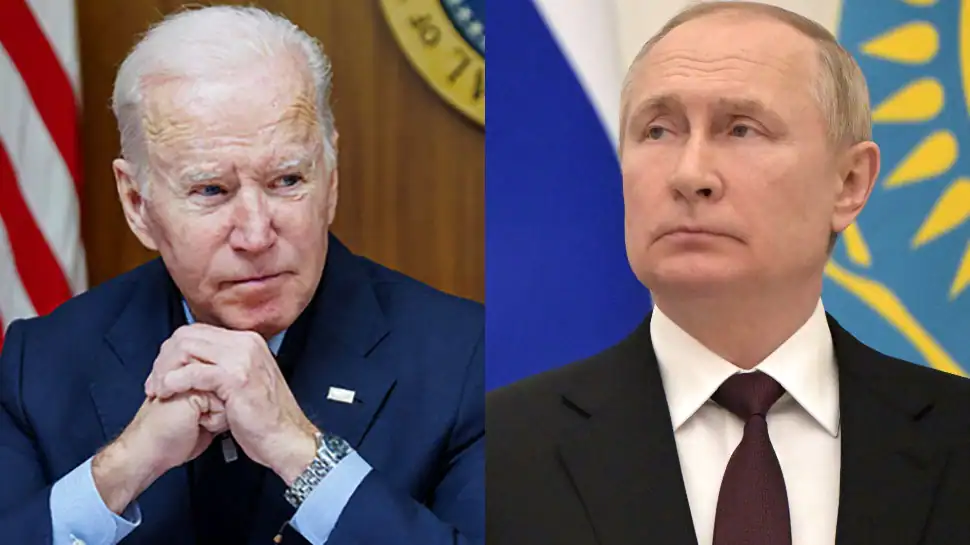Ease of Doing Business for MSMEs: Despite credit-related measures announced by the government since Covid struck in 2020, a large number of MSMEs haven’t been able to access them, particularly those who had never secured bank credit. Also, crores of small businesses, which aren’t registered as MSMEs, were left high and dry during the pandemic.
Ease of Doing Business for MSMEs: Credit and further easing of the tax burden for MSMEs remain the two key asks by experts from Finance Minister Nirmala Sitharaman for the union budget 2022-23. Despite credit-related measures announced by the government since Covid struck in 2020, a large number of MSMEs haven’t been able to access them, particularly those who had never secured bank credit. Also, crores of small businesses, which aren’t registered as MSMEs, were left high and dry during the pandemic. Tax rebate is another area experts want Sitharaman to look at to help MSMEs recover faster.
Lending
“To boost MSME lending, retail loans to individuals and small businesses need to be treated differently compared to large corporate loans. There is a need for an effective refinance mechanism (similar to NHB refinance) to ensure liquidity and easier access to finance…The budget should focus on reviving the financial sector, the backbone of the economy by focusing on rural development and MSMEs to increase livelihood opportunities and provide safety nets,” said YS Chakravarti, MD & CEO, Shriram City in a statement.
Recently, Finance Industry Development Council as well, which represents non-banking financial companies (NBFCs) in India, in its pre-budget recommendations had requested the government to treat retail loans to small businesses and individuals differently from loans to large enterprises. The suggestion came after the Reserve Bank of India in November in its clarification on asset classification norms had asked lenders to classify borrower accounts as overdue as part of their day-end process irrespective of the time of running such process. Similarly, the central bank had also asked lenders to classify accounts as SMA as well as NPA as per the day-end process for the relevant date instead of month-end.
Nilaya Varma who runs management consulting firm Primus Partners said the government needs to help MSMEs create a balance between manufacturing and environmental priorities, and explore innovative solutions such as incentivising MSMEs for low-carbon manufacturing. Also, “enabling MSMEs’ stable access to finance will continue to be a priority; lastly, given that Indian economy gets considerable contribution from the services sector – the budget should provide support measures focused towards MSMEs engaged in services,” Varma told Financial Express Online.
Also read: How this little-known Faridabad-based manufacturer ‘geared’ itself up for India’s LCA Tejas fighter jet
Tax
While recuperating from two Covid waves and multiple lockdowns, MSMEs are hoping for two key reliefs at this time: GST rationalization and a reduction in compliance burden, according to Ketan Gaikwad, CEO and MD at one of the three TReDS platform RXIL licensed by RBI for bill discounting mechanism.
“The government should reduce Long term Capital Gains Tax on Private Equity and make it at par with the public market. You pay 10 per cent tax on investments in stock markets but an entrepreneur pays around 27-28 per cent tax on a business he has built from scratch. This is something I hoped for even last year and will continue to do so. Also, there should be stronger subsidies on import of Capital Goods used for core manufacturing and value addition for exports,” said Bala Sarda, CEO & Founder at tea brand VAHDAM India.
Among other suggestions by experts for the budget was to “Provide tax rebates to the MSME sector, one of the most impacted by Covid, especially in terms of cash flow. Encouraging banks to lend more to NBFCs could also help increase cash flow towards the MSME sector as NBFCs further lend to MSMEs. Finally, bringing in stronger policies to deal with wilful defaulters and address the rising NPAs in the MSME sector could help complement the other initiatives,” said Priyank Kothari, Director at NBFC Arvog.
Subscribe to Financial Express SME newsletter now: Your weekly dose of news, views, and updates from the world of micro, small, and medium enterprises
Digital Payments
Ketan Patel of point of sale (POS) machine provider Mswipe suggested that Special Credit Linked Capital Subsidy Scheme, which was announced in November 2021 for MSMEs in the services sector, should be extended to enterprises with turnover less than Rs 5 crore. This was to help smaller units procure service equipment through institutional credit for the advancement of their technology. Moreover, he urged for “Subsidizing the cost of funds to NBFCs that focus on lending to small merchants for loans below Rs 20 lakhs to ensure easy access to credit…Government must also look at giving some form of incentive to small businesses to encourage the adoption of digital payments and further strengthen the payment infrastructure of the country, especially in smaller towns.”
In December 2021, IT Minister Ashwini Vaishnaw had exhorted banks to set up an innovative digital platform like UPI for quick and easy credit to MSME, small businessmen, and those at the bottom of the pyramid, PTI had reported. “Can we create a platform as powerful, seamless, good, as digital as UPI platform for providing very quick and easy credit to the MSME, small industries, small businessmen…people really at bottom of the pyramid.” The Minister expressed willingness to look at promising concepts that are brought after three months, in response to the poser by him,” Vaishnav had said speaking at the Digital Payment Utsav.
![]() Financial Express is now on Telegram. Click here to join our channel and stay updated with the latest Biz news and updates.
Financial Express is now on Telegram. Click here to join our channel and stay updated with the latest Biz news and updates.














